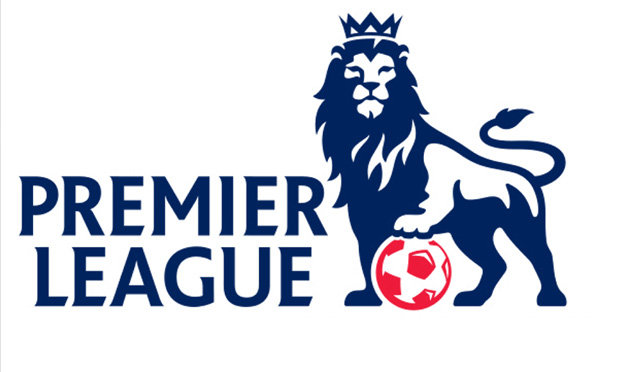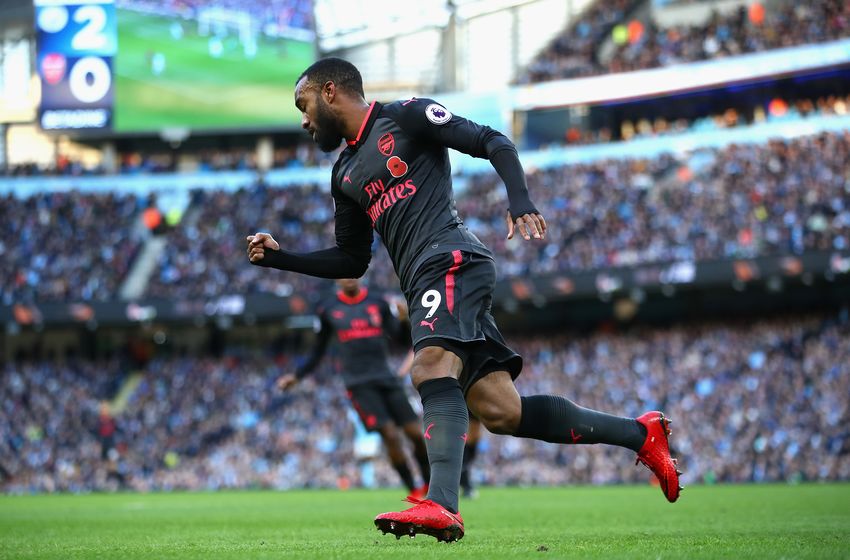
The Premier League has established itself as the world’s most popular competition because it attracts the finest talent from across the globe. Superstars like Thierry Henry, Cristiano Ronaldo and Vincent Kompany have dazzled with their brilliance over the years, and many British players struggle to get a look in. But for every Henry there is an Andriy Shevchenko, for every Ronaldo there is a Radamel Falcao and for every Kompany there is a Jerome Boateng. Why do so many promising foreign imports flop in the Premier League? Here are the top five reasons:
Blistering Pace
The Premier League is played at a breakneck pace and many players are overwhelmed by its intensity, physicality and speed. The action in countries like Italy and Spain seems slow and plodding in comparison to the English top flight. Serie A sides place a great deal of emphasis on tactical battles and outmanoeuvring their opponents, while La Liga teams often value technical proficiency, intricate interplay and possession-based football. Matches often feel like painstaking games of chess on the continent.
By contrast, the Premier League is turbo charged. The action moves from end to end rapidly, and players have less time to catch their breath than anywhere else in the world. The foreign imports that have flourished in the Premier League can either run extremely fast or think very quickly. You have less time on the ball before a crunching tackle comes in, so you need to be cool and collected under intense pressure.
The likes of David Silva, Cesc Fabregas and Dennis Bergkamp are not exactly fleet of foot, but their footballing brains react to situations rapidly and allow them to thrive in a fast-paced contest. Players such as Riyad Mahrez, Sergio Aguero and Mohamed Salah are blessed with bags of pace. If you can think and move at lightning speed, you can take the league by storm, as evidenced by Ronaldo and Henry.
Physicality
The Premier League is also an extremely physical division. Many players that arrive from overseas are unused to locking horns with defenders like Jamie Carragher, Richard Dunne, John Terry and Ryan Shawcross for 90 minutes. Midfield enforcers like Roy Keane, Lee Cattermole, Joey Barton, Robbie Savage and Kevin Nolan run around kicking lumps out of the opposition. This can be very difficult for players from other European Clubs to acclimatise to. It is not a league for shrinking violets and players need to roll up their sleeves and fight back if they are to succeed.
It requires great mental and physical stamina too. There is no winter break in the Premier League, so it turns into a long old season. As winter sets in, many players from the Mediterranean and South America struggle to perform week in, week out on frozen pitches as the rain lashes down and the opposing fans bay for blood. A prominent criticism of foreign imports is their tendency to go missing in games. Mesut Ozil, Erik Lamela and Stevan Jovetic are among the players to be levelled with this charge.
Players need to be extremely fit, strong and quick to succeed for 90 minutes, often twice a week, for nine months of the year, especially during the hectic Christmas period. It was too much for Angel Di Maria, Juan Cuadrado and Diego Forlan. They all succeeded on the continent, flopped in England and then went on to enjoy success again after moving to France, Italy or Spain. Many of the players that have succeeded are magnificent physical specimens that blend mental fortitude with upper body strength, from Didier Drogba to Virgil Van Dijk.
A Stronger League

The level of competition is arguably higher in the Premier League than anywhere else in the world. When a team is promoted to the Bundesliga, La Liga Primera, Serie A or Ligue 1, they often serve as the whipping boys of the division for a season before sinking back down. Yet promotion to the Premier League is worth £170 million to Championship clubs. The league is so popular on a global basis that TV companies pay exorbitant sums for broadcasting rights, and this is shared among the 20 teams competing for glory.
It allows newly promoted clubs to invest a fortune in their squads as they bid for survival. Case in point: Aston Villa have spent £135 million plus on 12 new players this summer in an effort to beat the drop. That forces the teams around them to invest heavily too, meaning the Premier League is flooded with the many of the most promising players from across the globe. It has been the top-spending league in the world for many years now, and that makes it ultra-competitive.
Against this backdrop, it can be harder to thrive. Many players arrive with big reputations after banging in 20 goals in a season in Ligue 1 or the Eredivisie, and suddenly they find themselves up against defensive lines worth £100 million on a weekly basis and they simply cannot cut it. As the Marathonbet Premier League betting shows, the gap between the teams in the English top flight is not quite as stark as it is in Spain or Italy, where Barcelona and Juventus are expected to steamroll their opponents on a weekly basis. Playing well in countries like Holland, Belgium, France and even Germany is no guarantee of success in England either, as the overall level of quality is so much higher and it is a totally unforgiving league.
Culture Shock
Many players simply struggle to adapt to English culture. That is not unique to the Premier League, as it can be difficult for any player to acclimatise to a new country after leaving their homeland. But many stars from South America will find it much easier to adjust to life in Spain or Portugal than they will in England. Uruguayan Lucas Torreira recently bemoaned the English weather and said life was better in Italy, and that is a common complaint. The old cliché goes that players need to be able to hack it on a cold, rainy Tuesday night at Stoke, or they will not do well in the league. The Potters are no longer in the top flight, but the sentiment stands: if you cannot cope with the long English winter, you are not going to make it in the Premier League.
The language barrier is also an issue for many players. Players speaking Spanish, French and Portuguese can communicate pretty easily with one another, but English is a totally different tongue to master, and if they do not put in the effort to learn it they are likely to feel isolated in the dressing room. Other players hate the quality of English food, or the size and business of the cities they are living in. Szilard Nemeth famously endeared himself to Middlesbrough fans by claiming the city is as ugly as its women. He is an extreme example, but many players simply struggle with the culture shock and fare better in an environment they feel more comfortable in.
Demand for Instant Success
Suffering relegation can be calamitous for Premier League clubs as it leaves them saddled with inflated wage bills and in financial peril. Owners and chairmen are therefore notoriously trigger-happy and they dispense with managers rapidly when the results go south. This creates a demand for instant success, and many coaches simply cannot afford to persist with players that need time to adapt to the rigours of Premier League football. It is extremely competitive at both ends of the table, and managers need players that can pretty much succeed from the beginning of their careers in England.
It means that many players are not given a proper opportunity to show what they are made of. Some have found themselves jettisoned out before they really had time to get going, but persistence can pay dividends. Carlos Tevez was initially considered a flop after failing to set the world alight during his first campaign in England back in 2006. However, Alan Curbishley kept selecting him and he eventually became a solid signing, scoring the goals that kept the Hammers in the top flight, before moving to Man Utd and winning the title. Henry failed to score in his first eight games, but then went on to become Arsenal’s record goalscorer and lead the club to glory. If more coaches kept faith in foreign arrivals that initially struggle, it might help their clubs succeed.
